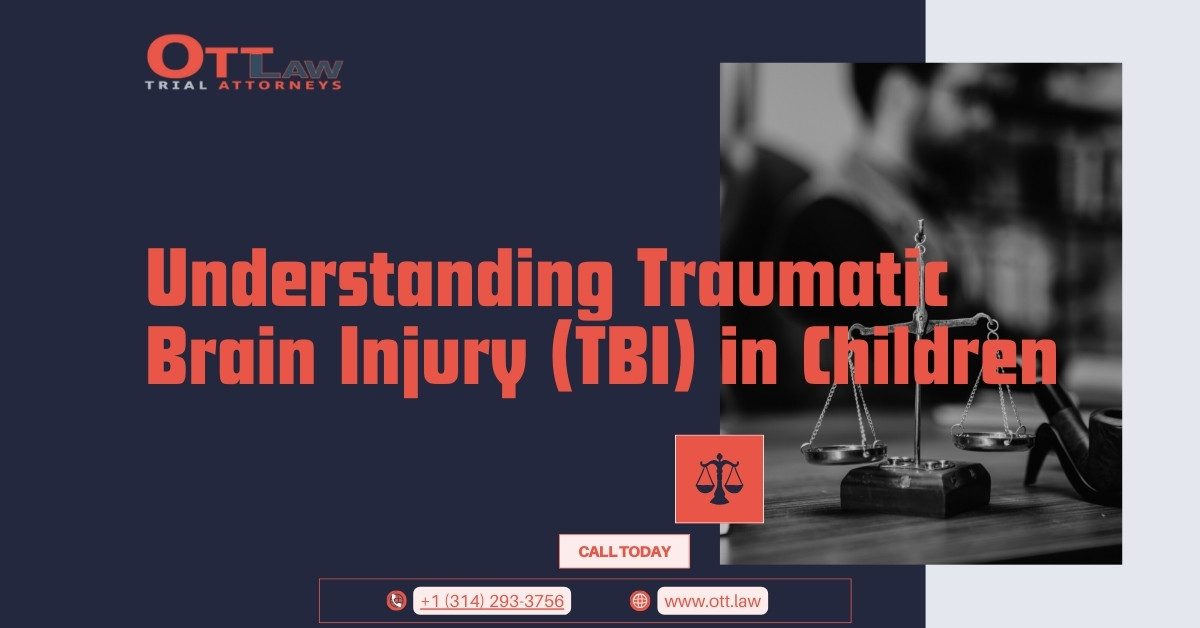Traumatic brain injuries (TBI) are distressing and complex, more so when they impact children. The nature of the developing brain means that children often face more significant challenges than adults following a TBI.
Why Children Face a Greater Risk
Several factors contribute to the heightened risk for children:
- Physical Vulnerability: Children’s heads are disproportionately larger compared to their bodies, making them more susceptible to injuries. This, combined with their weaker neck muscles, increases the potential for severe brain damage during accidents.
- Developmental Stage: A child’s brain is still developing, and their personality, IQ, and social skills have not fully formed. Injuries can disrupt this growth, affecting their cognitive, social, and emotional progress.
- Long-term Effects: The impacts of TBI in children can last a lifetime, affecting their schooling, relationships, and employment prospects.
Deficiencies in the Defense’s Approach
It’s a common tactic among defense experts to downplay the severity of a child’s TBI by referencing outdated or non-peer-reviewed studies. They may also mistakenly argue that younger children recover better than adults after a TBI. It’s crucial to challenge these claims by referencing current, scientifically-accepted research.
Real-World Implications of TBI in Children
Children with TBI can struggle in various life aspects:
- Educational Challenges: Many require classroom modifications and individual assistance.
- Social Difficulties: They may have problems with social cues, taking turns, respecting personal spaces, and maintaining conversations.
- Emotional Issues: Many children with TBI develop psychiatric problems, often stemming from their realization of being “different” from their peers.
Best Practices for Legal Representation
When representing a child with TBI:
- Engage an Educational Expert: This expert can observe the child in classroom settings to ascertain the nature of their challenges.
- Maintain a Daily Diary: Parents should maintain a detailed diary of the child’s daily behaviors and challenges.
- Utilize Behavior Checklists: Psychologists can provide checklists for teachers and parents to document and score abnormal behaviors.
- Assess for Suicide Risk: Given the increased risk of depression and suicide in children with TBI, it’s essential to conduct a risk assessment.
Conclusion
Children with TBI face unique challenges, both immediate and long-term. When representing such clients, attorneys must adopt a comprehensive, informed, and compassionate approach. The stakes are high, with the child’s future wellbeing and quality of life on the line.
For more information or legal assistance related to traumatic brain injuries in children, contact:
- OTT Law Firm
- Address: 3544 Oxford Ave, Maplewood, MO 63143, United States
- Phone: +13142933756
- Email: joe@ott.law
- Website: OTT Law














